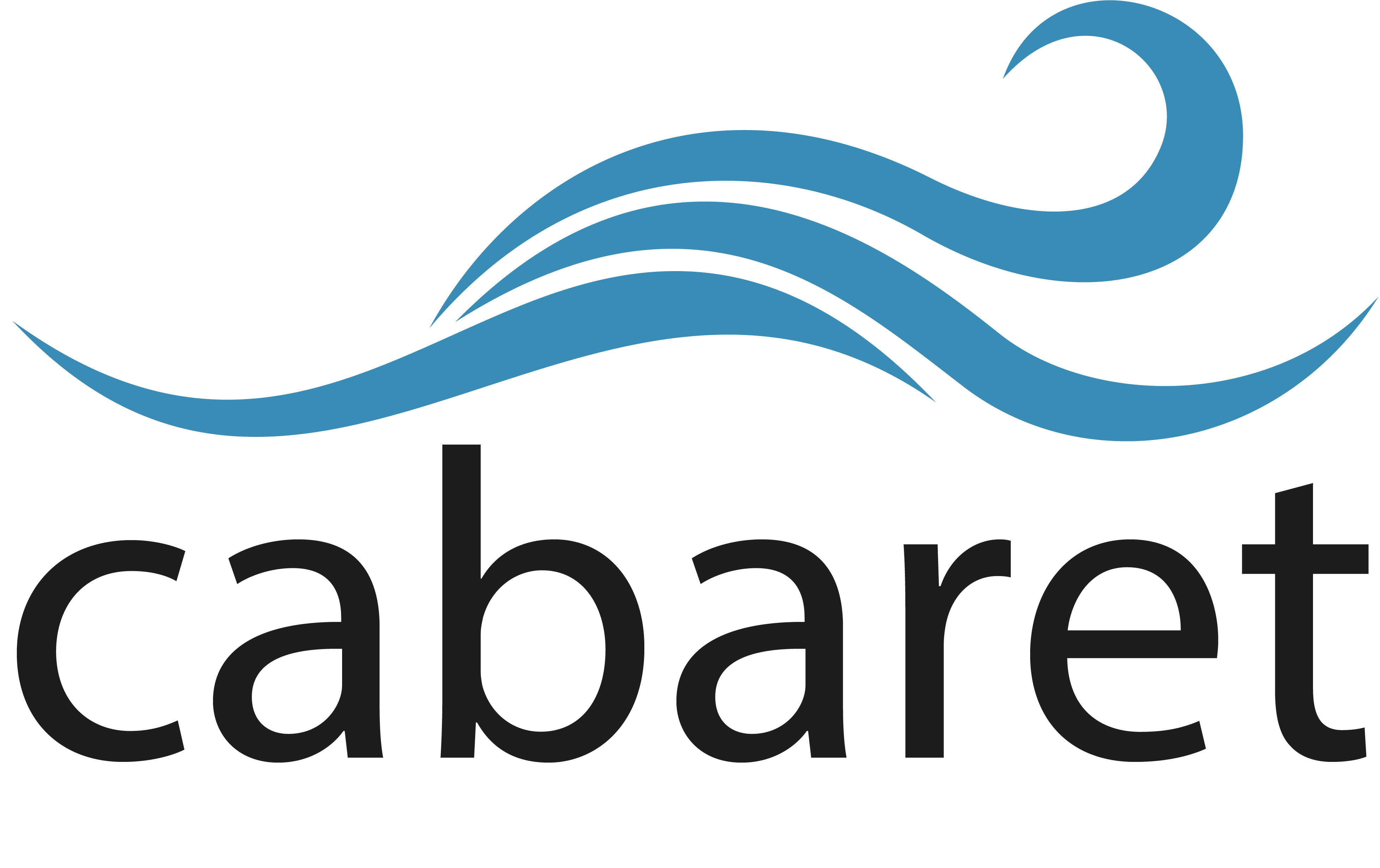Academics and students at Higher Education Institutes (HEIs) across Europe and Asia held multi-faceted events to mark the International Day for Disaster Reduction (IDDR) (https://www.unisdr.org/we/campaign/iddr).
The United Nations General Assembly has designated the 13th October as an annual observance day to raise awareness of how people are acting to reduce their risk to disasters and to promote a global culture of risk-awareness and disaster reduction.
A consortium of 15 European and Asian Higher Education Institutes from Bulgaria, Indonesia, Latvia, the Maldives, Malta, Myanmar, the Philippines, Spain, Sri Lanka, and the United Kingdom worked to mark the occasion across different countries and continents. They used it as an opportunity to increase awareness about the importance of reining in the risks that their local communities face. Using a range of mediums, they encouraged every citizen and government to take part in building more disaster-resilient communities and nations.
The Global Disaster Resilience Centre at the University of Huddersfield organised a public seminar in the United Kingdom with contributions from experts in Asia, Africa and Europe, presenting a global perspective on some of the research that is taking place for building more disaster-resilient communities and nations.
The Environmental Hydraulics Institute at the University of Cantabria in Spain organised a seminar to their staff and students to present and celebrate IDDR 2018 day, and to show the progress made so far in the study they are developing on Multi Hazard Early Warning Systems in Europe and Asia.
The Mining and Geology University in Bulgaria developed an information poster to display at local events, while the Maldives National University launched a Facebook campaign on "How can you prepare for disaster reduction? Listen to what our students have to say" on their Institute’s official Facebook page https://www.facebook.com/275527882519190/videos/169296957332382/.
The University of Peradeniya marked IDDR at a workshop of the Green Building Council of Sri Lanka in Colombo. The workshop was a training session on sustainability and green buildings.
The Ateneo Institute of Sustainability and Departments of Biology and Environmental Science in the Philippines held a brown bag session to share the output of the initial phase of a project that is examining the state of the multi-hazard early warning systems in the country, as well as the gaps and challenges in positioning early warning and preparedness in the wider trajectories of social change in societies and communities at risk.
The 15 HEIs are part of a project funded by the European Union to foster regional cooperation for more effective multi-hazard early warning and increased disaster resilience among coastal communities. The project, called CABARET (Capacity Building in Asia for Resilience EducaTion), is supporting joint initiatives and sharing of good practices among HEIs in Asia and Europe, as well as promoting links between Higher Education and other socio-economic actors.
The project was inspired by the UN Sendai Framework for Disaster Risk Reduction, agreed by UN member states in 2015. It includes a strong call for higher education to support the understanding of disaster risk and promote risk-informed decisions and risk sensitive planning from the local to the global levels. It also calls for the coordination of existing networks and scientific research institutions at all levels and all regions. The goal is to strengthen the evidence-base in support of the implementation of the new framework.
“Limited stakeholder engagement and public awareness is a significant barrier that we must overcome to fully adopt the Sendai Framework”, highlighted Professor Richard Haigh, Lead Investigator for CABARET and based at the University of Huddersfield. “The activity and benefits of higher education and research towards building societal resilience to disasters must be shared with the public. IDDR is a way to better connect the disaster risk reduction work of universities and research institutes with society. This engagement is by definition a two-way process, involving interaction and listening, with the goal of generating mutual benefit."
CABARET is co-funded by an EU Erasmus+ programme grant of €993,340 and will run for three years up until 2020. The CABARET project consortium receives financial assistance from the European Union. The European Commission support for the project and its associated activities and outputs does not constitute an endorsement of the contents which reflects the views only of the authors, and the Commission cannot be held responsible for any use which may be made of the information contained therein.
For further information on the CABARET project see www.disaster-resilience.net/cabaret.


